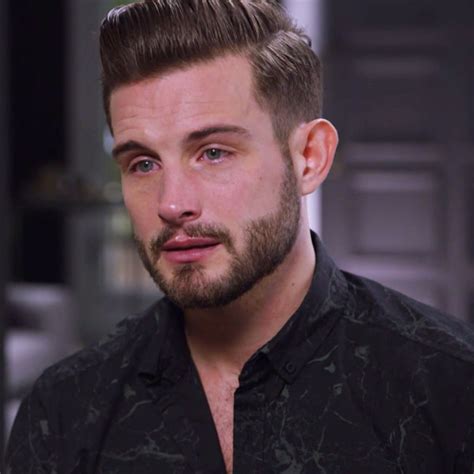A Quote by Gardner Dozois
When I was a boy in Salem, Mass., in the 1950s, if you wanted to buy a book, you had to take a train to Boston. And when you got there, to a bookstore, there was no such thing as a science-fiction section.
Related Quotes
I am driven by love and I have been in love with a handful of different people, men and women. It's like, if you go to a bookstore and you know exactly what kind of book you want, you have to look it up in the system because it's in a specific section of the bookstore. I fit into a handful of sections in the bookstore.
Science fiction is fantasy about issues of science. Science fiction is a subset of fantasy. Fantasy predated it by several millennia. The '30s to the '50s were the golden age of science fiction - this was because, to a large degree, it was at this point that technology and science had exposed its potential without revealing the limitations.
If there’s a zeppelin, it’s alternate history. If there’s a rocketship, it’s science fiction. If there are swords and/or horses, it’s fantasy. A book with swords and horses in it can be turned into science fiction by adding a rocketship to the mix. If a book has a rocketship in it, the only thing that can turn it back into fantasy is the Holy Grail.
It had also been my belief since I started writing fiction that science fiction is never really about the future. When science fiction is old, you can only read it as being pretty much about the moment in which it was written. But it seemed to me that the toolkit that science fiction had given me when I started working had become the toolkit of a kind of literary naturalism that could be applied to an inherently incredible present.
I had written a book called "Boston Boy" some years ago, and that took me from the time I could speak, I guess, in Boston through the time when I finally left to come to New York. One was understanding and coping with anti-Semitism. Boston, at the time, was the most anti-Semitic city in the country. And I found out when I was an adolescent that you have to be crazy to go out after dark all by yourself; you'd get your head bashed in.


































